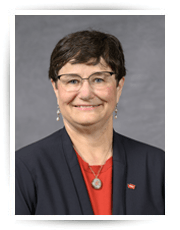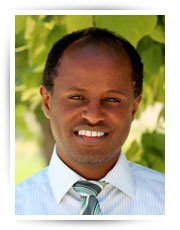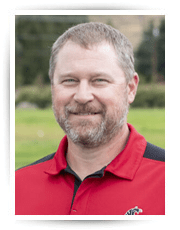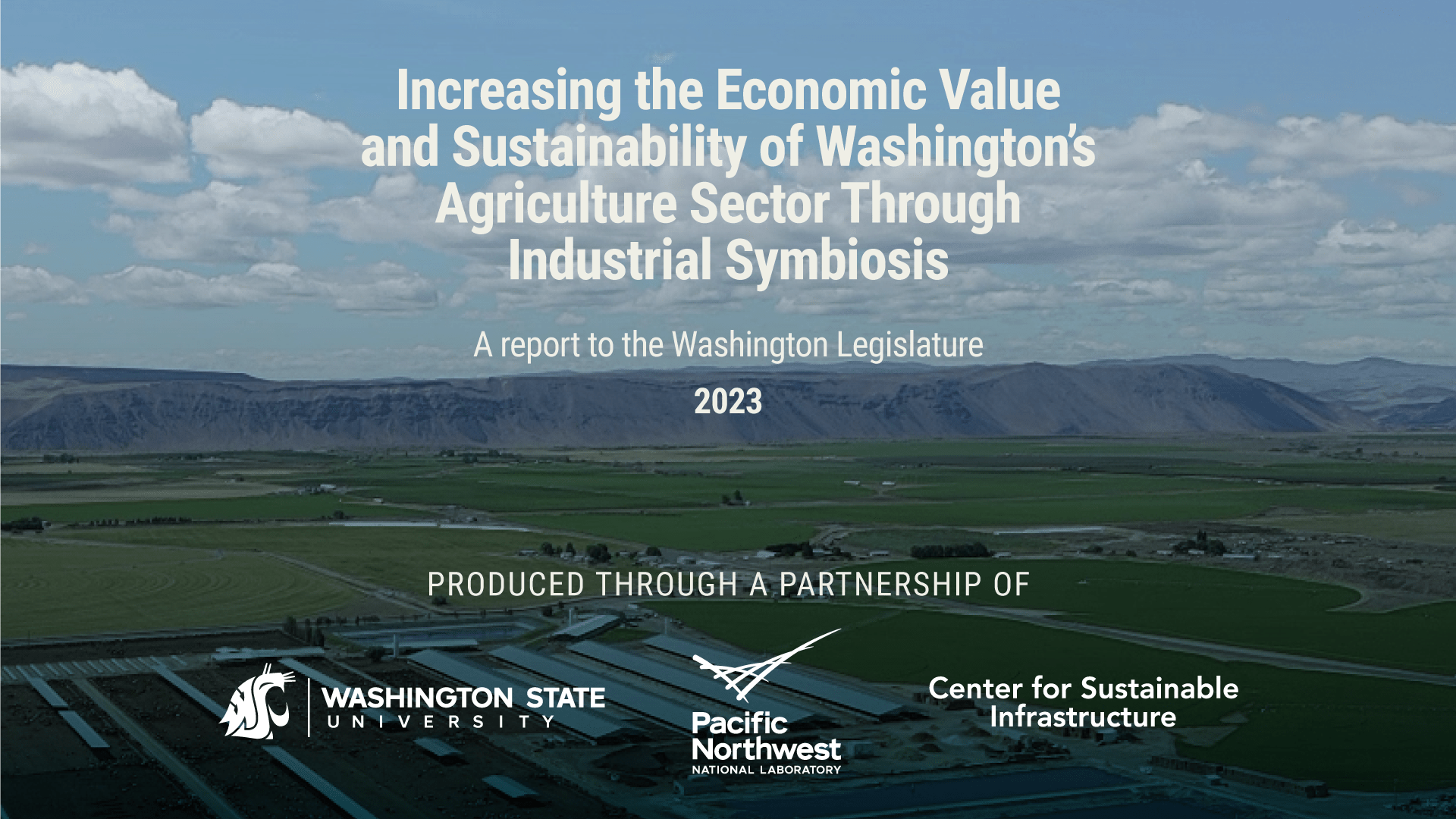
Charting the future
Understanding the region’s emerging net-zero carbon emissions energy system
The Washington State University Tri-Cities Institute for Northwest Energy Futures is a new research center located on the WSU Tri-Cities campus to help address the increasing demands for resilient, affordable, and available low-carbon electricity and transportation fuels.
The institute is currently developing industry partnerships for energy systems research and fostering community discussions for policy development at the state and national levels. The institute is also developing curriculum to support future workforce needs across various energy sectors.
The institute will assist local energy stakeholders with the research and analytics to better understand and manage the interrelationship between emerging clean, net-zero emission energy sources and technologies and the impacts on current energy systems, the economy, natural resources, and public policy.
Tri-Cities
Washington State’s energy hub
With abundant resources, knowledge, expertise and workforce prowess, the Tri-Cities has become the clean energy headquarters for the state and the Pacific Northwest. The region boasts an unparalleled array of net-zero emissions energy sources including nuclear, solar, hydro, biofuels and wind power and is home to the WSU Tri-Cities campus and the Pacific Northwest National Lab. It’s the perfect location for the WSU Tri-Cities Institute for Northwest Energy Futures. Its placement in the Tri-Cities intentionally builds on a legacy of energy innovation and the region’s commitment to advancing energy service and solutions.
What’s happening with INEF?
-
-
06 February, 2024
Noel Schulz appointed to endowed professorship at WSU Tri-Cities
-
19 October, 2023
WSU Tri-Cities hosts Clean Energy and the Environment panel
Opportunities
Tackling the Energy Challenge
The state of Washington is accelerating the decarbonization of energy. It is shifting the current energy mix away from fossil fuels and toward zero-emissions electricity and other low-emission energy sources. This requires adapting industrial and agricultural processes, especially critical in the mid-Columbia region, rich in farmland and food processing manufacturing. It increases the need for more energy efficiencies, managing energy demand, and effective carbon capture, utilization, and storage technology innovations.
The transition to net-zero carbon emissions involves transforming energy and land-use systems supporting the region’s way of life and economic well-being. Understanding the interrelationships and assessing the economic, social, and political ramifications of changes in the energy and land-use systems is the mission of the WSU Institute for Northwest Energy Futures research and analytic services.
Leveraging WSU's Research Capabilities and Partnerships
The WSU Tri-Cities campus already boasts several related research and educational centers dedicated to tackling energy-related scientific and engineering challenges. The WSU-PNNL joint nuclear, biofuels, and power grid institutes and the Bioproducts, Sciences, & Engineering Lab, will partner and collaborate with the WSU Institute for Northwest Energy Futures to better understand and shape the mid-Columbia region’s diverse energy resources and systems.
Endowed Faculty Position in Energy and the Environment
The WSU Tri-Cities campus recently announced its first endowed faculty position in energy and the environment due to the $500,000 gift from Bob Ferguson. Ferguson served as the first deputy assistant secretary of nuclear programs for the U.S. Department of Energy and is a long-time Tri-Citian and energy leader in the state and region. The endowed faculty position in energy and environment serves as a linchpin for the new institute and its role in helping solve net-zero emission challenges and creating a smooth energy system transition for the region and beyond.

Bob Ferguson Endowed Professor



Join us
Interested in supporting INEF?
For more information in supporting the Institute for Northwest Energy Futures, please contact us at tricities.inef@wsu.edu.






